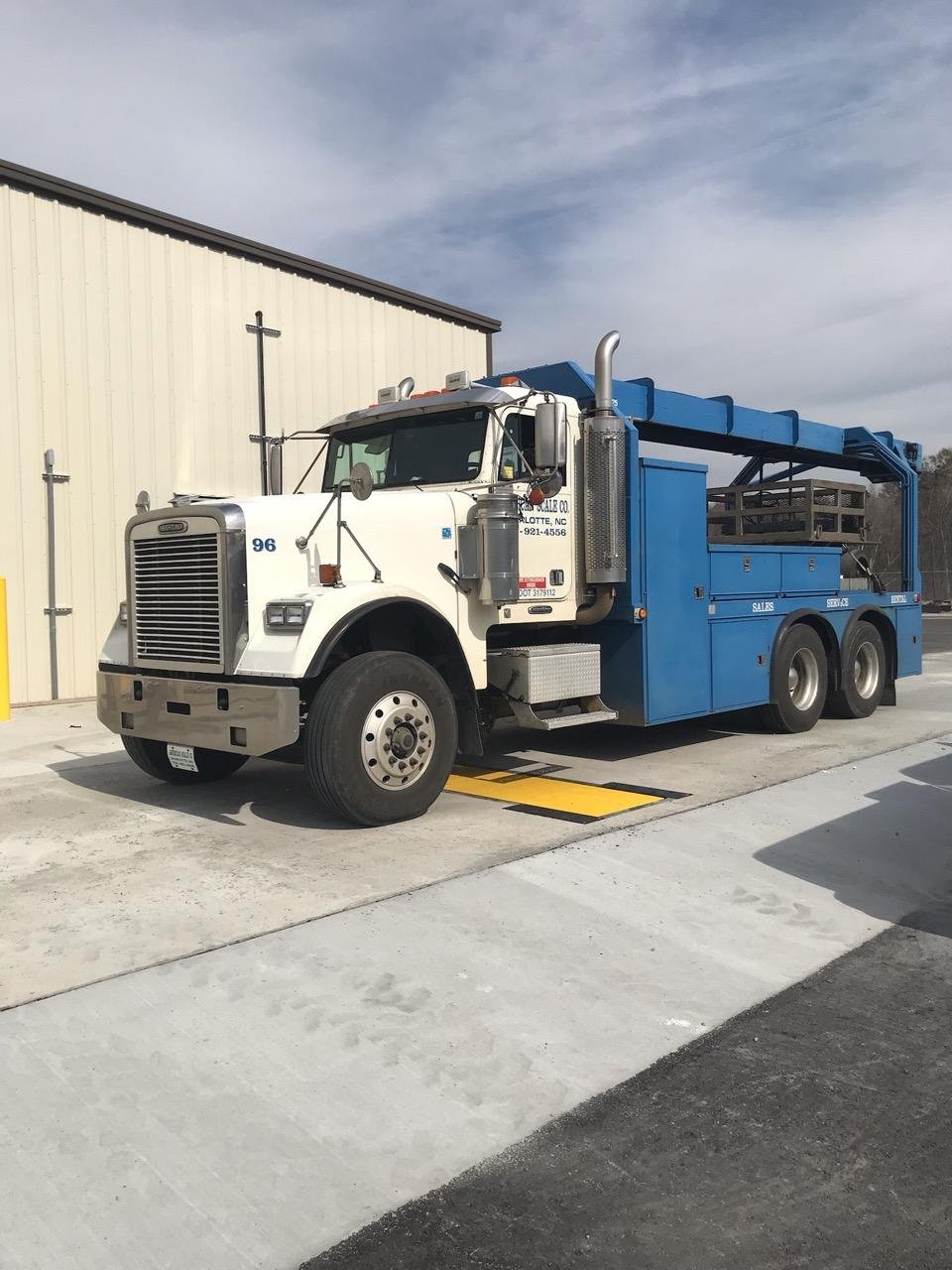In the world of transportation and logistics, accurate weight measurement is crucial for various reasons, including safety, compliance, and efficiency. Axle scales, also known as weighbridges or truck scales, play a vital role in obtaining precise weight measurements for trucks, trailers, and other heavy vehicles. This article aims to delve into the cost factors associated with axle scales, shedding light on their importance and the financial considerations involved in their acquisition.
Axle scales are designed to weigh individual axles and the entire vehicle, ensuring compliance with weight restrictions imposed by local authorities and regulating bodies. By accurately measuring the weight, axle scales help prevent overloading, which can lead to costly fines, damage to infrastructure, and increased fuel consumption. Additionally, axle scales assist in optimizing load distribution, improving overall vehicle performance, and minimizing wear and tear on tires and suspension systems.
Factors Influencing the Cost of Axle Scales:
Scale Type and Capacity:
Axle scales come in various types and capacities, each suited for different applications. The cost of an axle scale depends on its design, construction materials, and load capacity. Common types include portable axle scales, pit-mounted weighbridges, and surface-mounted weighbridges. Higher-capacity scales built to handle heavier loads generally command a higher price.
Construction Materials:
Axle scales are typically constructed using either steel or concrete. Steel scales are often more expensive upfront but offer durability and flexibility, allowing for easy relocation. Concrete scales, on the other hand, are generally more affordable but require a fixed installation. The choice of construction material depends on factors such as budget, usage patterns, and the availability of installation options.
Additional Features:
The inclusion of advanced features and technological enhancements can significantly impact the cost of an axle scale. These features may include remote monitoring capabilities, integrated software for data management, traffic lights for directing vehicles, and advanced load cell technology for precise measurements. While these features can enhance efficiency and productivity, they may add to the initial investment.
Installation and Infrastructure:
Installing an axle scale involves various costs, including site preparation, foundation construction, and electrical connections. The complexity of the installation process, such as the need for excavation or civil engineering work, can impact the overall cost. Additionally, the requirement for additional infrastructure like ramps, approach plates, and fencing should be considered.
When you consider an axle scale purchase, you will go through several consultations with a certified scale technician, who will go over all the factors that will affect the cost involved. They will be able to discuss contractors and planning before the installation date.
Maintenance and Calibration:
Like any equipment, axle scales require regular maintenance and calibration to ensure accuracy and reliability. Ongoing maintenance costs should be factored into the overall cost of ownership. It is crucial to consider the availability of spare parts, technical support, and service contracts offered by the manufacturer or third-party providers.
Customization and Integration:
Certain industries or specific applications may necessitate customization or integration of axle scales with existing systems. Customization can include special platform sizes, reinforced construction, or software integration. These specialized requirements may increase the cost but can provide tailored solutions to meet unique operational needs.
Determining the Cost:
The cost of an axle scale can vary widely based on the aforementioned factors. On average, portable axle scales can range from a few thousand dollars to tens of thousands, while larger weighbridges can cost anywhere from tens to hundreds of thousands of dollars. It is crucial to obtain multiple quotes from reputable manufacturers or suppliers to compare prices, features, warranties, and after-sales support.
Return on Investment:
Although the initial investment in an axle scale may seem significant, it is essential to consider the long-term benefits and potential cost savings. By avoiding penalties for overloading, optimizing load distribution, reducing fuel consumption, and minimizing vehicle wear and tear, axle scales can provide a substantial return on investment over time. Accurate weight measurements also contribute to improved safety, compliance with regulations, and enhanced operational efficiency.
Closing words
Axle scales are indispensable tools for accurate weight measurement in the transportation and logistics industry. While the cost of an axle scale can vary depending on factors such as type, capacity, materials, features, and installation requirements, it is crucial to view the investment as a long-term solution that can bring about significant cost savings, compliance benefits, and operational improvements. Careful consideration of the various cost factors and thorough evaluation of available options will help make an informed decision when acquiring an axle scale that meets specific needs and budgetary constraints.

